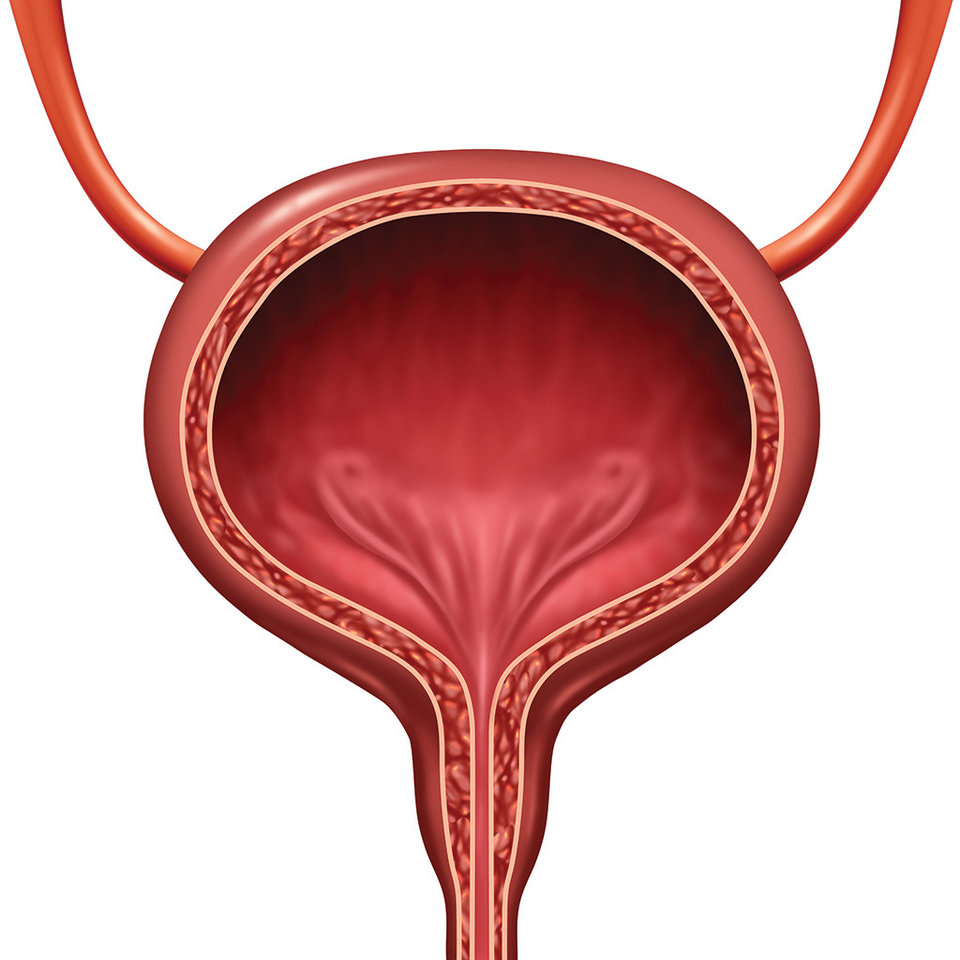| BY THE NUMBERS |
Urologic cancers
Some urologic cancers impact both men and women. These are cancers of the bladder, kidneys and adrenal glands. Other urologic cancers such as penile, prostate and testicular only affect men. No matter what kind of urologic cancer one has, it can be scary. The good news is that knowledge is power. Here are a few numbers and percentages to help you stay informed.
18 MILLION
The predicted number of cancer survivors in 2020. This will be 30% more than the number of survivors in 2010.

$157
billion
The cost of cancer care in the year 2010. This large figure was due, in part, to the aging U.S. public. Cancer is more common in older adults.
843
The number of open urologic cancer clinical trials listed on ClinicalTrials.gov as of November 1, 2016. Clinical trials help researchers find new ways to prevent, diagnosis and treat cancer. There are also research studies that explore ways to support caregivers of urologic cancer patients.

50%
Percent of bladder cancers contained within the inner layer of the bladder where the cancer is simpler to treat.

77,000
The number of Americans in 2016 who will be told they have
bladder cancer.
It is the
4th
most common cancer in men, but it is less common in women.
1%
The percent of
penile cancer
found in American men.
Penile cancer is very rare in
North America and Europe.
200
The average yearly number of people in the U.S. who will be told they have adrenal cancer. This cancer is very rare.
64
The average age for someone being
told they have
kidney cancer
It is not common for kidney cancer to be found in people younger than 45.
15-35
The most common age range for testicular cancer to be found. Testicular cancer is found mainly in younger men. Because treatment for testicular cancer is so successful, the 5-year relative survival rate is 99% when the cancer is localized. This means that the cancer is still contained within the testicle.
1 in 7
A man’s lifetime risk
for being told that he has
prostate cancer.
prostate cancer
is the
No. 1
cancer risk for men, as well as the No. 2 cancer killer (behind lung cancer)

98%
The 10-year relative survival rate for prostate cancer, when caught early.
11,990
The number of practicing urologists in the U.S. The states with the highest number of practicing urologists are California, Florida, Illinois, New York, Ohio, Pennsylvania and Texas.

UrologyHealth.org | WINTER 2016 | UROLOGYHEALTH extra